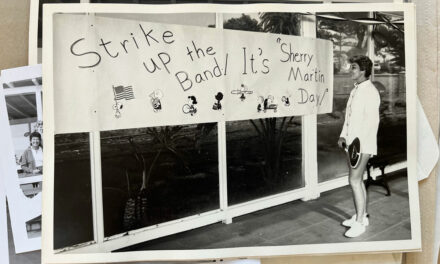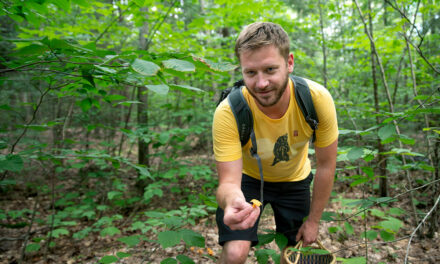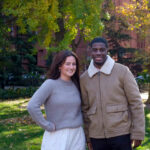
An Episcopal School: Where is I?
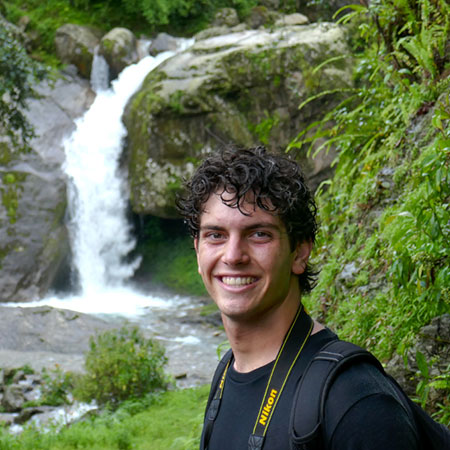
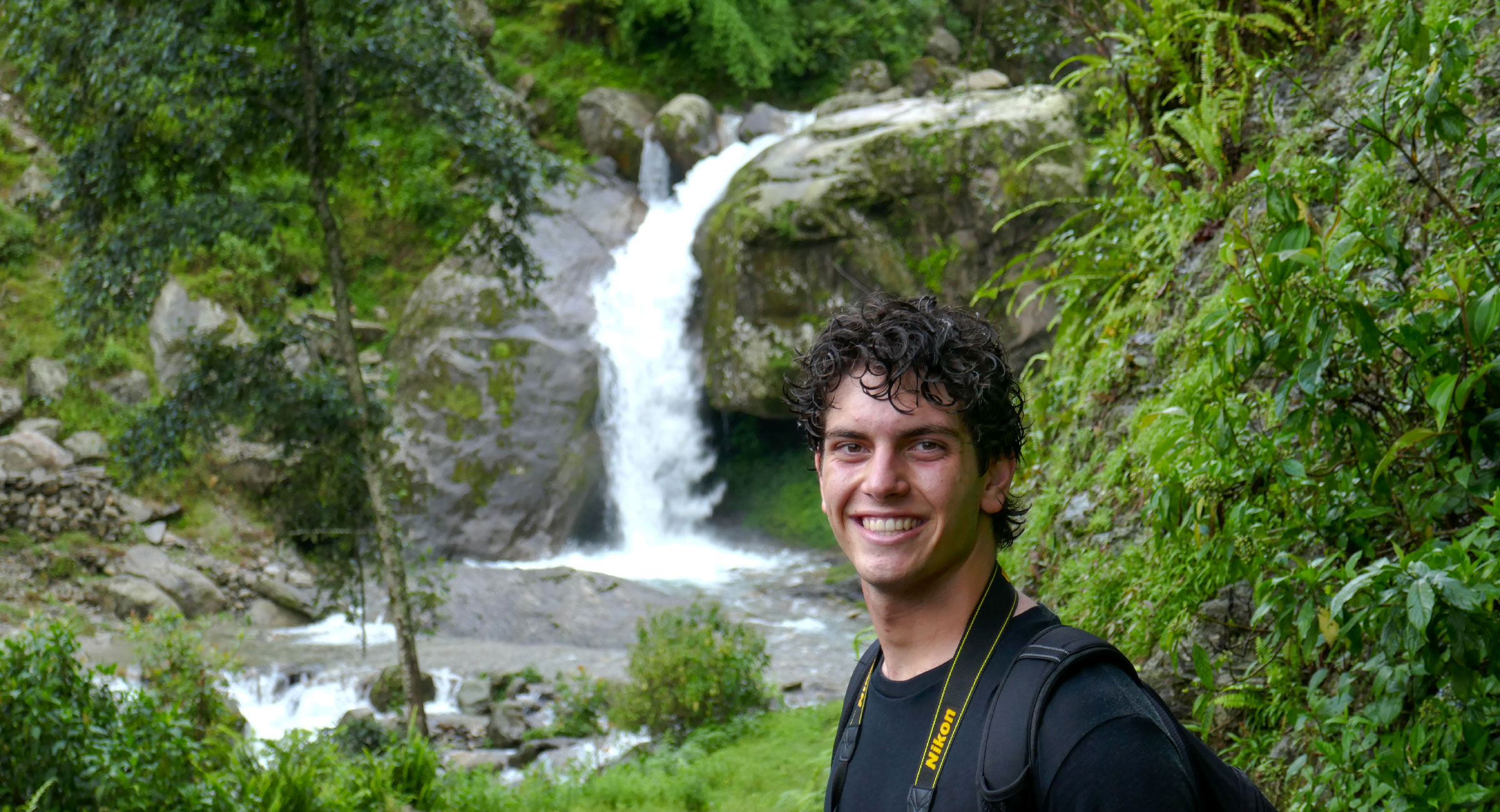
Where is I?
By Theo Weiman ’24
Each week during Upper School chapel, a member of the community gives the homily. These are often powerful and personal reflections on their life experiences. This is Theo Weiman’s senior chapel talk.
My name is Theo Weiman, and I am a senior.
If dolphins lived on land and had opposable thumbs, would they be smarter than humans?
Why are so many Jews white if they came from the Middle East?
Why do humans do dumb things if they are so smart?
These are just a few of the questions that my parents wrote down from my childhood. I have always been very inquisitive. Whether it was about a scientific fact, a philosophical problem, or just a personal inquiry, I would constantly ask questions to those around me, especially at home. I distinctly remember asking my family long strings of nonstop questions until my sisters got mad at me. Sorry, Sylvie and Lena. It didn’t take long for my questions to become too specialized for those around me to answer, and eventually, I started to ask questions, knowing they wouldn’t get a full response.
Questioning has always been a part of my life, my family, and my culture. Despite my sisters’ occasional shortness, those closest to me never shut down my onslaught of random and probably annoying questions. At Hebrew school, I remember having discussions about whether G-d was real, starting from about third or fourth grade. My teachers encouraged these questions as an essential part of Jewish learning. So, I would ask Rabbis and teachers some pretty hard things.
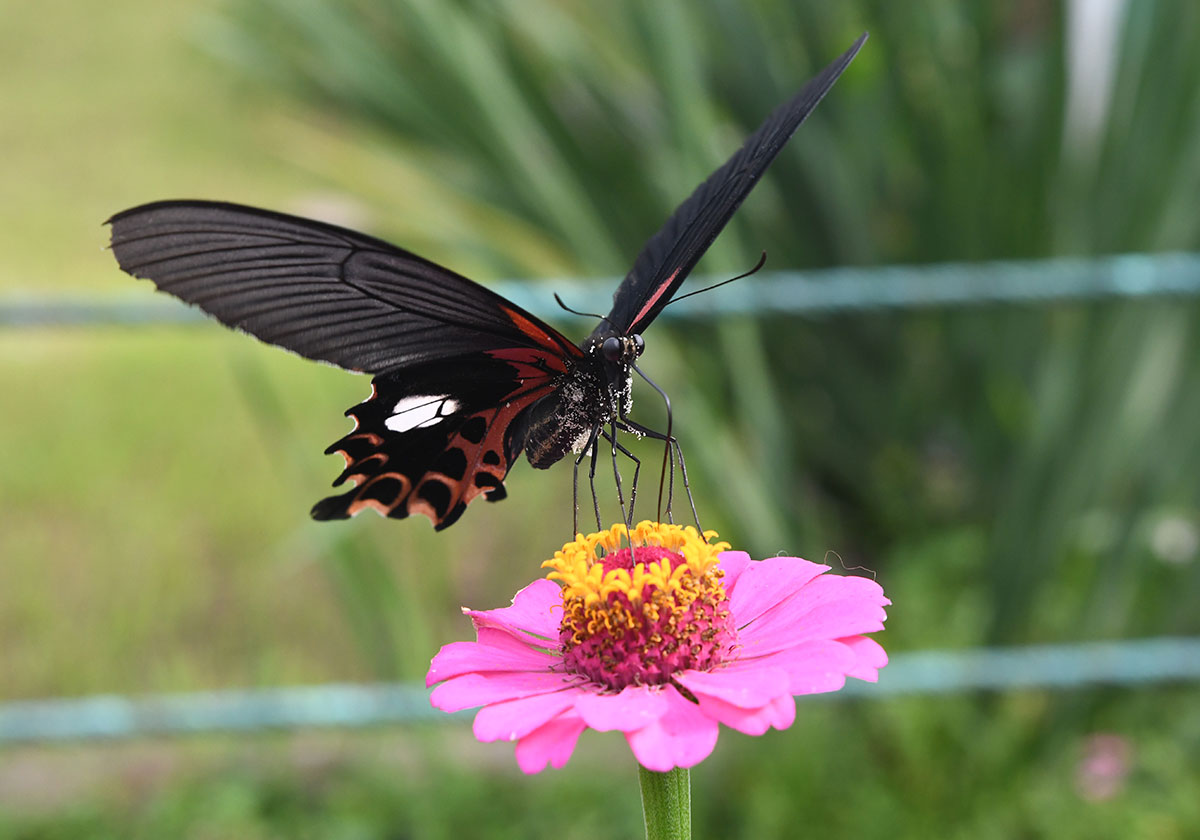
Why do bad things happen to good people?
Why do seemingly devout people do horrible things?
How can we all be created in the image of God if we seem so different?
I still don’t have answers.
I continued to ask questions throughout middle school until the world was halted by COVID. Like many, I struggled throughout the pandemic as I searched for meaning in my life.
When will this end?
When will things be normal?
What even is normal?
Eventually, the worst of the pandemic did end, and I started to rebuild my bonds with people. I was doing well in school and I found joy in sports, but as the year went on, I felt like something just wasn’t right, that I wasn’t where I was supposed to be.
The summer after my sophomore year, a culturally immersive teen trip to Nepal provided new insights and perspectives as I searched for understanding. I knew that I was unhappy at home, but I didn’t know why, so naturally, as all normal and sane people do, I went to Nepal to look for answers.
So, there I was, going to Nepal. Chasing important answers and running from big questions.
The trip was packed with fodder for a chapel talk, and I could talk about it for hours. Some interesting highlights were hiking to a new home, meditating at a remote temple, entering a forbidden romantic relationship, and living with cult members. I had some of my best memories and some of my darkest nights on that trip. But I’m going to focus on my time living at a Buddhist monastery.
I spent four days at Namo Buddha, a Tibetan Buddhist monastery from the Kagyu lineage. Each day we had two, two-hour lessons with a monk who taught there. He had many interesting teachings, and some boring ones too, but there was one thing he said that really stuck with me. He asked the question, “Where is I”.
Now, I admit, at first, I thought this was just a grammatical error because Teacher KP was not the most fluent English speaker in the world, but after a bit of elaboration, I finally understood what he was asking. He asked, “Where is I? Is I my arm? Is I my heart? Is I my head? Is I my brain?”
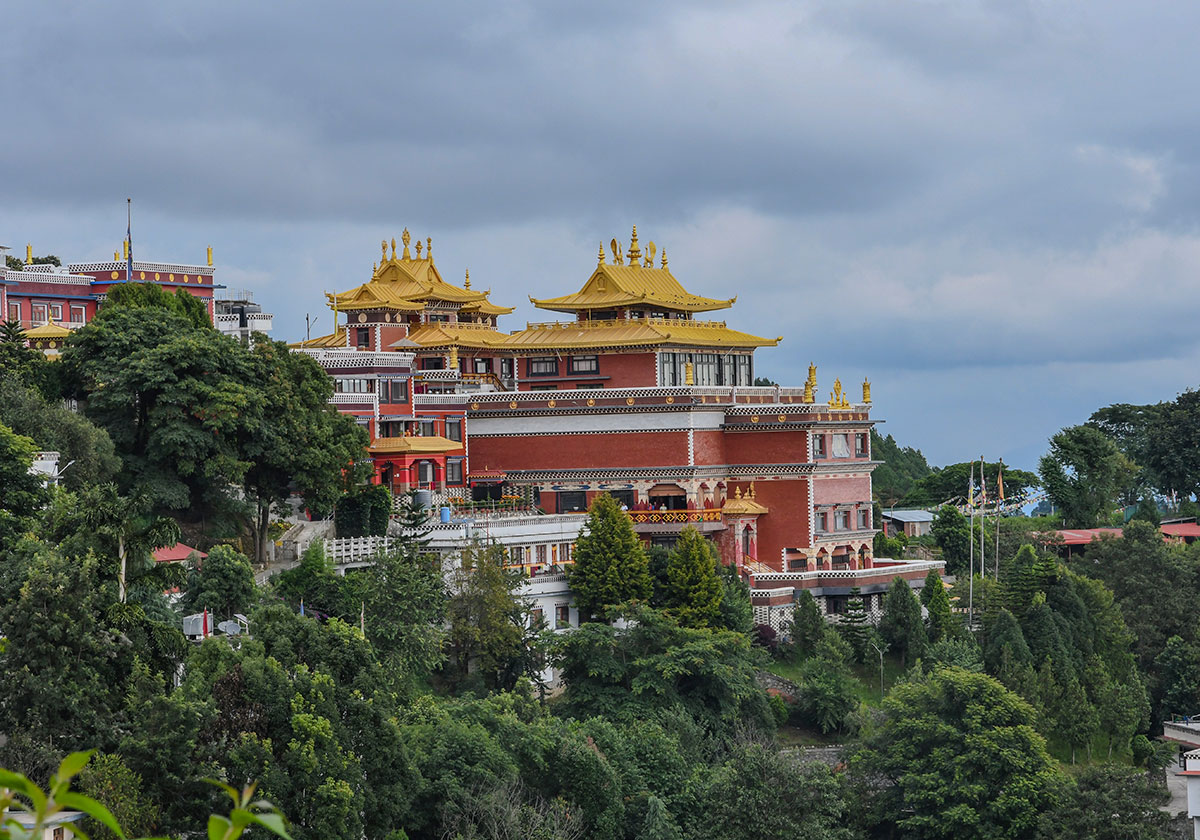
None of these answers felt right, and they weren’t supposed to. I was honestly blown away by how such a simple question could confuse me so much.
So, at this point, I’ve gone all the way across the world, looking for answers, and I just got more questions.
Eventually, my trip ended, and I came back to the ‘real world’. I had new perspectives, new experiences, and, above all, more questions. I felt even more lost and more isolated. More confused and more out of place. I had changed in ways that I didn’t know, and those around me certainly didn’t. I didn’t feel like the same person as the one who left a month before. I asked,
Why do I spend my time in the way that I do?
Where, if anywhere, is there meaning in my life?
What are my values?
And do I really have to do math homework in the grand scheme of things?
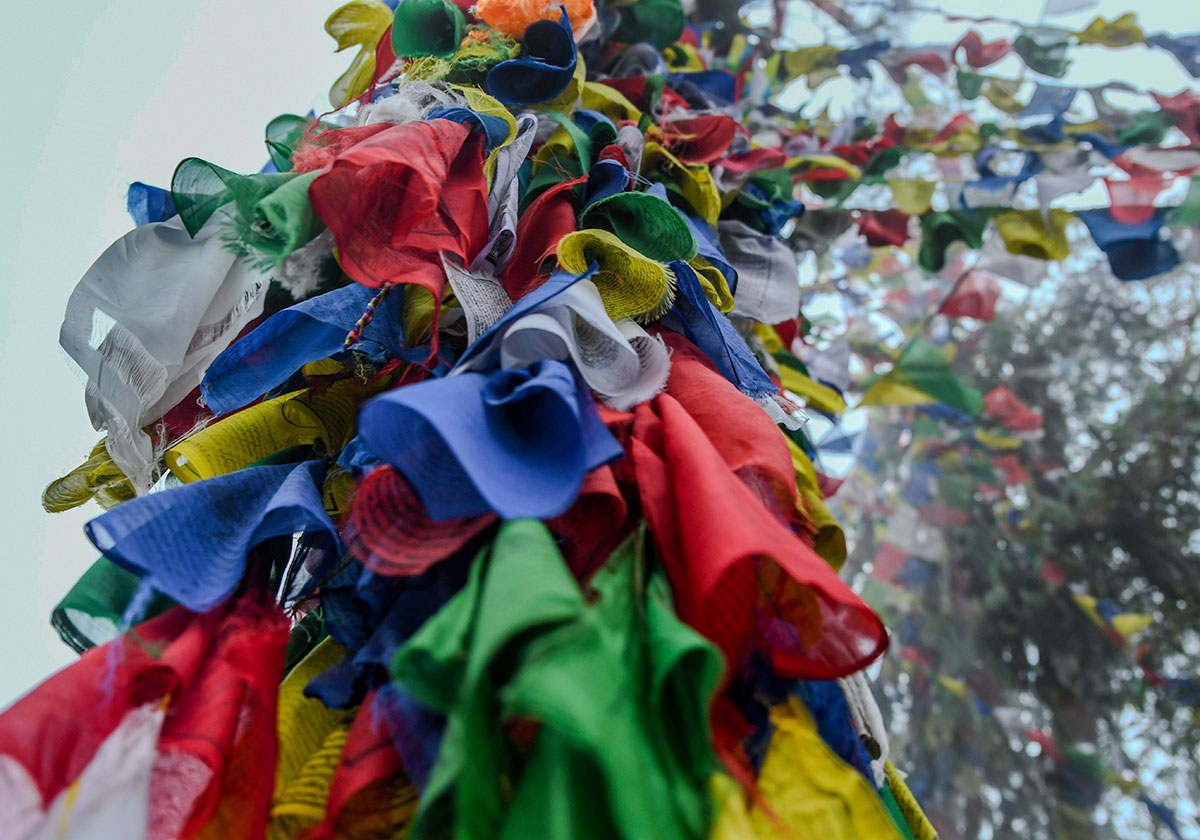
Coming back, I vowed to question and examine every part of who I am. I questioned my religion, my privilege, my motivations, my relationships, my sexual orientation, my political beliefs, my role in SCA, HDB, on the football team, how I expressed myself, and generally how I lived my life. But after all that, I couldn’t even answer the simple question, “Where is I?”
How could I hope to answer all these questions if I didn’t know who I was and what I was?
After some time and reflection, after working through self-loathing with my therapist, after many impactful conversations with friends, and after so much support from my parents and sisters, I have finally been able to stop— and look—at all of the questions that I have. And what asking those questions has brought to my life. Yes, I caused myself a lot of pain, and in some cases, hurt others too, and no, I don’t really have any answers, but asking these questions has allowed me to grow in ways that I never would have before and has allowed me to be proud of who I am in this moment, accepting my flaws and being more comfortable with non-answers.
In the book of Job, G-d asks over 60 questions without giving a single answer. I believe that religion often reflects universal human experience. Whether it’s G-d, the universe, or just ourselves, we will always have more questions than answers.
I will never have full answers, you will never have full answers because whatever ‘I’ is does not stop changing to wait for our rational understanding. So, when you find yourself in times of pain, loneliness, and confusion, try to find refuge in the questions, even though you may never get a single answer.
Where is I?

